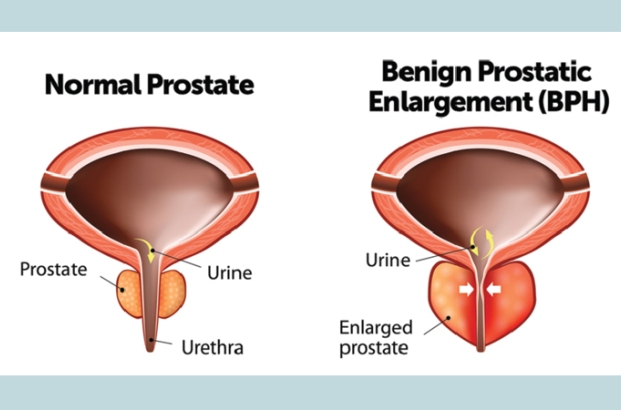What are the risks associated with minimally invasive procedures to treat BPH?
Apr 19, 2022
Minimally invasive surgery in the management of benign prostatic hyperplasia. The historical gold standard has been transurethral resection of prostate(TURP), an effective procedure still associated with risk of bleeding, TUR syndrome, and require for general anesthetic and hospitalization.

Minimally Invasive Surgical Techniques aim to address these limitations by offering lower morbidity, reducing hospitalization, and increasing convenience. Though TURP focus the commonly performed BPH surgery most of the other procedures are available to treat BPH that may be more appropriate for some people or carry a lower risk of complications. Few side effects of BPH surgery include excessive bleeding, retrograde ejaculation, and impotence. As with any medical procedure, basically those involving anesthesia, the surgery for BPH is linked with few medical complications. excessive bleeding. urinary tract infections.After anesthesia, a surgeon will insert a tool called a resectoscope into the urethra. In few cases, a separate device will be used to flush sterile fluid through the surgical site.Once the surgeon has positioned the resectoscope, they will use it to cut away abnormal prostate tissues and seal broken blood vessels. Lastly, the surgeon will insert a long plastic tube known a catheter into the urethra and flush destroyed prostate tissues into the bladder where they are excreted through urine. As with any medical procedure, especially those involving anesthesia, the surgery for BPH is associated with few medical complications. Possible but rare risks associated with TURP procedures include:
- Excessive bleeding
- Urinary tract infections
- Retrograde ejaculation, where semen flows backward into the bladder during ejaculation
- Chronic urinary problems issue especially incontinence
- Prostate regrowth or scarring, with about 10 percent of men requiring further surgery within 5 years
- Impotence or erectile dysfunction
- A split stream of urine caused by urethral narrowing
- Chronic prostatitis or inflammation of the prostate
- Allergic or abnormal reaction to anesthesia









